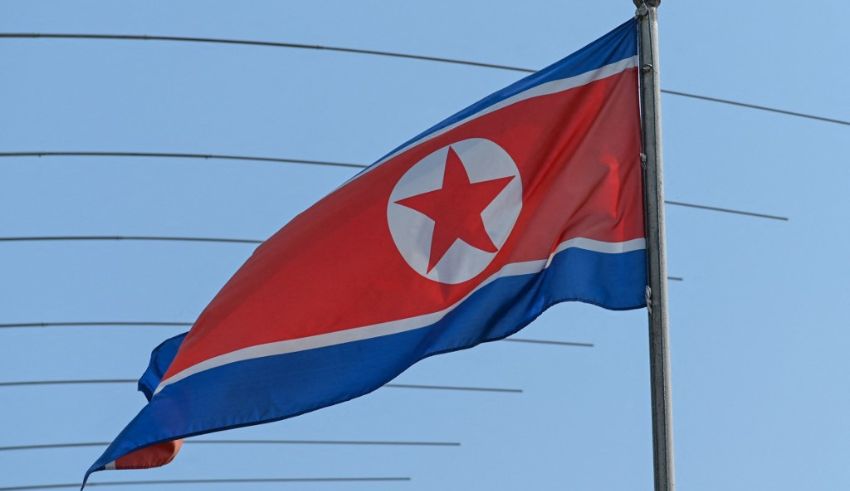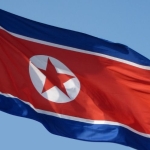
In a surprising twist of diplomatic affairs, North Korea’s recent move to close its embassies in Angola and Uganda has stirred curiosity and speculation worldwide. This decision, which marks a puzzling departure from traditional alliances, hints at the reclusive nation’s growing financial troubles, exacerbated by the weight of international sanctions.
For decades, North Korea has maintained diplomatic relationships with nations like Angola and Uganda, spanning back to the 1970s. These connections have been vital, not just for economic interests but also for fostering military cooperation and supporting ambitious projects, including grand statue-building initiatives. The relationships have been characterized by camaraderie and cooperation.
What’s Behind the Closure?
The abrupt “farewell” visits by North Korean ambassadors to the leaders of these African nations, as reported by Pyongyang’s state media, have left many baffled. Subsequent reports in local African media have confirmed the closure of North Korea’s embassies, raising eyebrows about the suddenness of this diplomatic exit.
The bigger question is, what prompted this rather dramatic departure? What is evident is that the closure of diplomatic missions in countries traditionally viewed as allies showcases the tightening grip of international sanctions.
North Korea’s retreat from diplomatic posts in these friendly territories reveals a more profound financial struggle. It offers a glimpse into the nation’s efforts to cope with mounting pressure from sanctions and the dwindling international revenue sources. The closure of these embassies leaves us pondering the lengths to which North Korea might go to navigate this turbulent financial terrain. The abruptness of the decision and the farewell visits to the leaders of Angola and Uganda suggest a mix of political signaling and financial strain.
From a geopolitical perspective, it raises questions about the evolving dynamics between North Korea and these African nations, once considered steadfast allies. These diplomatic exits, while influenced by economic constraints, also cast a shadow on the shifting sands of international diplomacy.
Keep Reading
How is this Affecting Africa?
In the case of Angola and Uganda, they’ve not only been diplomatic partners but have provided rare sources of foreign currency to North Korea. Projects such as grand statue-building initiatives have contributed to the North’s coffers and, to some extent, eased its economic woes.
While we can see the impacts of international sanctions on North Korea’s economic stability, it remains a complex and secretive nation. The abrupt decision to close embassies has left many observers puzzled, sparking debates on the wider implications of this move.
As we keep our eyes on North Korea, it’s clear that they’re in a tough spot. Shutting down their embassies in Angola and Uganda isn’t just some ordinary diplomatic move – it’s a sign that they’re really struggling financially. It makes you wonder just how far they’ll go to handle all these international sanctions and tricky diplomatic situations. It’s like watching a high-stakes game of chess on the world stage.


























